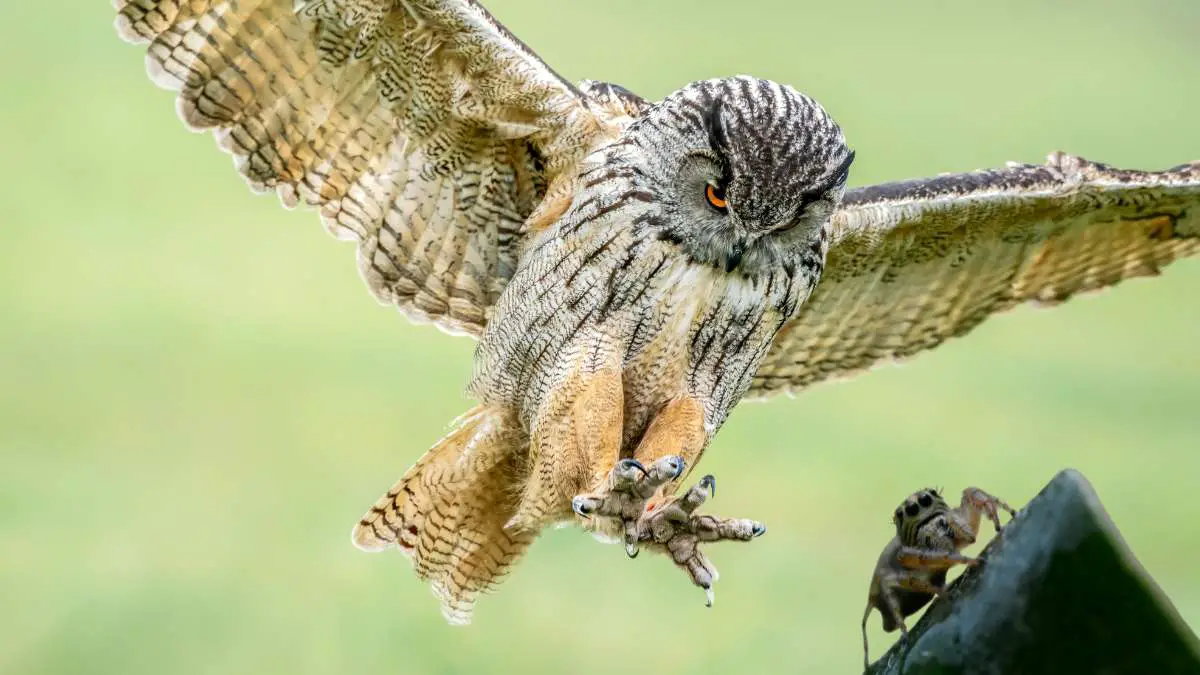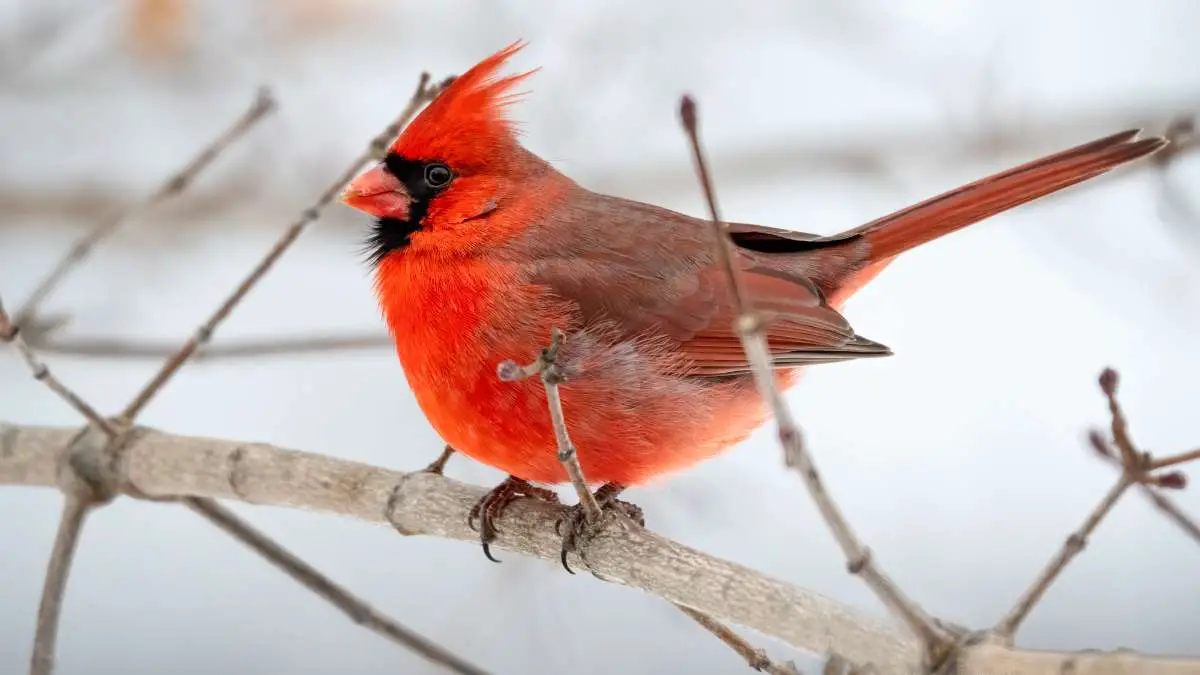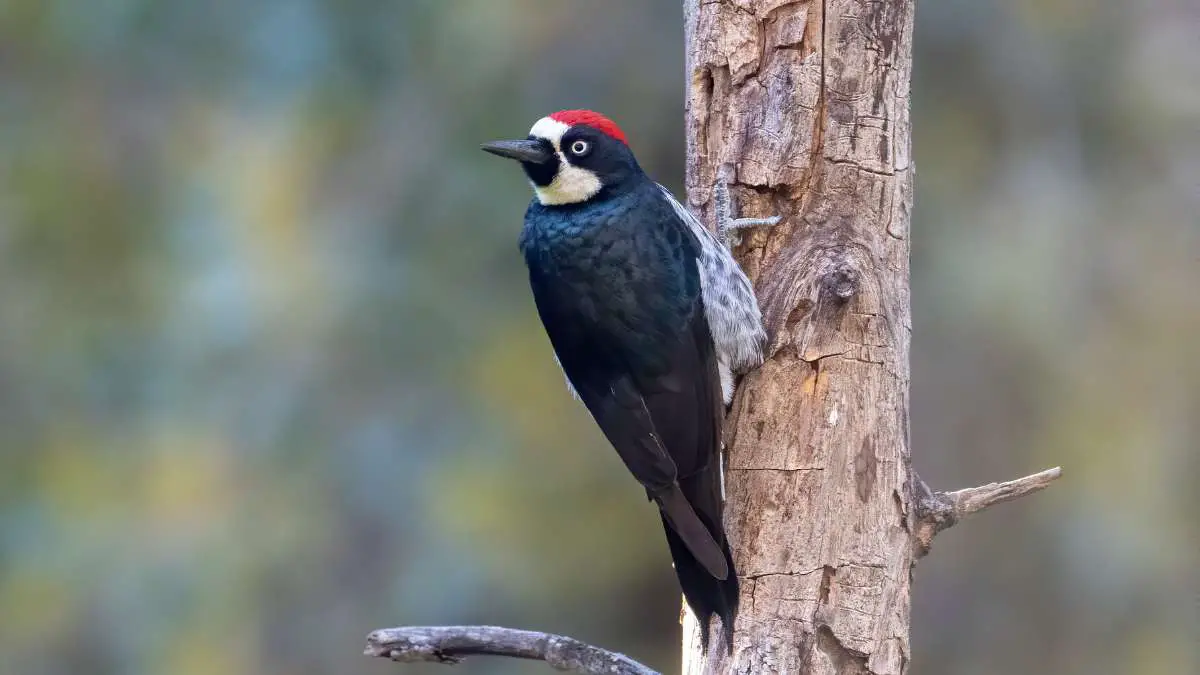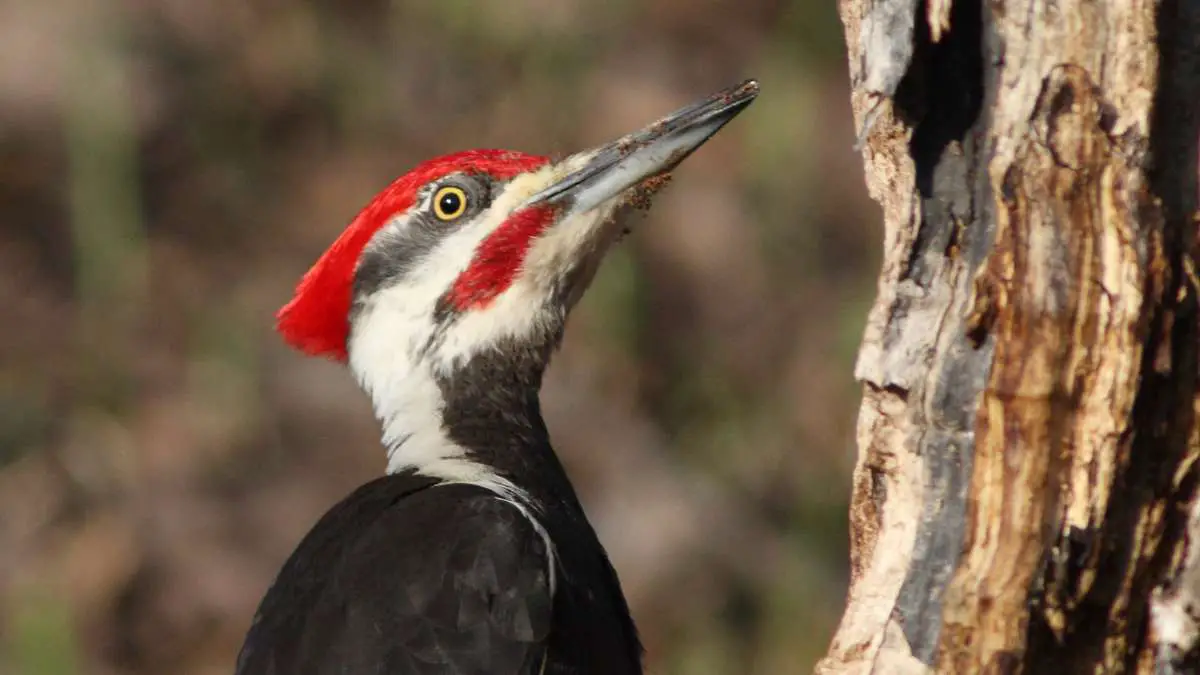Owls are known for their nocturnal prowess and diverse diets. When it comes to the question of whether owls eat spiders, the answer is a bit nuanced.
While owls primarily feast on small mammals, birds, and flying insects, some species have been observed including spiders in their menu.
It’s fascinating to note that owls, with their exceptional adaptability, have developed specialized ways to handle and consume spiders. These arachnids, though not a staple, contribute to the nutritional variety in an owl’s diet.
The Owl Diet: An Overview
Owls have garnered attention for their eclectic diets. These birds of prey are not picky eaters, but rather, they embrace a varied menu that plays a crucial role in maintaining their health.
Understanding the Dietary Habits of Owls
In the grand scheme of owl dining, a typical menu consists of small mammals, birds, and insects. These nocturnal hunters have a knack for locating and capturing their prey with unparalleled precision.
The importance of a varied diet cannot be overstated when it comes to the well-being of these fascinating creatures. A diverse array of food sources ensures that owls receive the necessary nutrients to thrive in their respective habitats.
If you ask how many owl species currently live on the earth? The answer is 247 species. With different species scattered across various geographical locations, the variations in their diets are truly remarkable.
Some owls prefer a diet rich in rodents, while others may favor fish, birds or insects. This diversity allows owls to adapt to their surroundings, showcasing the incredible flexibility that sets them apart.
Insight into Owl Feeding Behavior
These majestic birds are known for their nocturnal hunting habits, making them mysterious creatures of the night. When the sun sets and darkness blankets the sky, owls spread their wings in search of a tasty meal.
Of Course, there are a few species active during crepuscular time as well as during the day time but very few species do so.
Nocturnal Hunting Habits
Owls are night birds in every sense, and their impeccable night vision is their secret weapon.
Equipped with specialized feathers that enable owls’ silent flight, these stealthy hunters soar through the darkness without alerting their prey. But what’s on their dinner plate? Contrary to what you might think, spiders are not a common item on the owl menu.
How Owls Locate and Capture Prey
Owls are skilled hunters that primarily target small mammals like mice and voles. Their acute hearing plays a crucial role in locating potential meals.
The iconic owl head rotation? It’s not just for show – it helps them pinpoint the source of the slightest rustle. Once their prey is spotted, owls use their powerful talons to swiftly capture and carry it away.
Breaking Down Owl Diets
Small Mammals, Birds, Reptiles, Amphibians, Fish and Insects
As mentioned before, owls have a diverse palate. Their diet mainly consists of small mammals like mice and voles, complemented by a side dish of birds and insects.
There are owl species specialized on to a fishy diet such as Brown Fish-Owl where they eat on fish, crabs, and amphibians and live along rivers and waterways. Most Owlets prefer large aerial insects such as beetles, crickets, and praying mantis.
These aerial predators are masters of the hunt, employing stealth and precision to secure their meals.
Do Owls Eat Spiders? Analyzing the Inclusion of Arachnids in Their Diet
Now, the burning question: Do owls have a taste for spiders? It turns out; arachnids are not the main course for our owl friends. While they might inadvertently ingest a spider during their hunting escapades, these eight-legged critters aren’t a staple in the owl diet.
Owls focus more on creatures that scurry on the ground or take to the skies.
Unraveling the Connection: Owls and Spiders
Instances of Owls Consuming Spiders
It’s a surprising twist in the owl’s culinary choices, showcasing their adaptability in the quest for a tasty meal. These avian hunters don’t shy away from including spiders in their menu, contributing to the fascinating web of relationships in the animal kingdom.
But we need to be very careful about these instances as these records might not be scientifically proven and mostly anecdotal. But in nature we also need to acknowledge that everything is possible.
Factors Influencing Owl-Spider Interactions
What prompts owls to snack on spiders? One factor is the availability of prey. In regions where spiders are abundant, owls may incorporate them into their diet as a convenient and energy-efficient food source.
Specially large nocturnal spiders such as tree-tarantulas and wood spiders which are mostly active during the night time. This nocturnal nature of both owls and spiders heightens the likelihood of these encounters.
Owls, with their keen night vision, can spot and seize spiders during their nocturnal prowls, creating unexpected moments of predator-prey interaction in the moonlit darkness.
The Nutritional Value of Spiders in an Owl’s Diet
Protein Content in Spiders
Spiders are a source of high-quality protein, a crucial element for owl health and vitality. Even the entire spider webs are made from protein.
Protein is the building block of muscles and plays a vital role in maintaining an owl’s strength for those silent night flights and agile hunting maneuvers. So, it might have something to do with the nutritional supplementation.
Other Nutritional Benefits for Owls
Beyond protein, spiders provide owls with essential nutrients like vitamins and minerals.
Owls, being carnivorous, benefit from the diverse nutritional profile that spiders offer. From vitamin B for energy metabolism to minerals like zinc and iron for overall health, spiders contribute to the well-rounded diet that keeps owls in optimal flying and hunting condition.
But Owls can get these same nutrients from large flying insects without getting bitten by a spider.
How Owls Adapt to Including Spiders in Their Diet
Specialized Adaptations for Handling and Consuming Spiders
Owls, with their remarkable adaptability, have developed specialized features to deal with the unique challenges that come with consuming insects, so spiders will get the same treat.
One such adaptation is their beak structure. Owls possess sharp, hooked beaks that are not only adept at tearing through the fur and feathers of their typical prey.
This specialized tool ensures that owls can efficiently extract every bit of nutritional goodness from their eight-legged snacks.
Conclusion
So, to sum it up, owls do eat spiders! We’ve learned that spiders are not the most preferred delicacy in their diet but might have engulfed a spider opportunistically.
Spiders do bring more than just a crunchy snack to an owl’s table—they provide essential nutrients and have a high dose of protein.
Understanding these details helps us appreciate the variety in what owls munch on during their nightly adventures.
Next time you spot an owl, think about the diverse menu it navigates and try to collect robust information about their dietary preferences.
Especially if you are traveling in a tropical rainforest, the small Owlets like to feed on insects and other invertebrates like spiders. So keep your notebook and pen ready to jot down those interesting observations.
It’s a reminder of the fascinating world of owl diets and the amazing ways they adapt to survive in nature.





